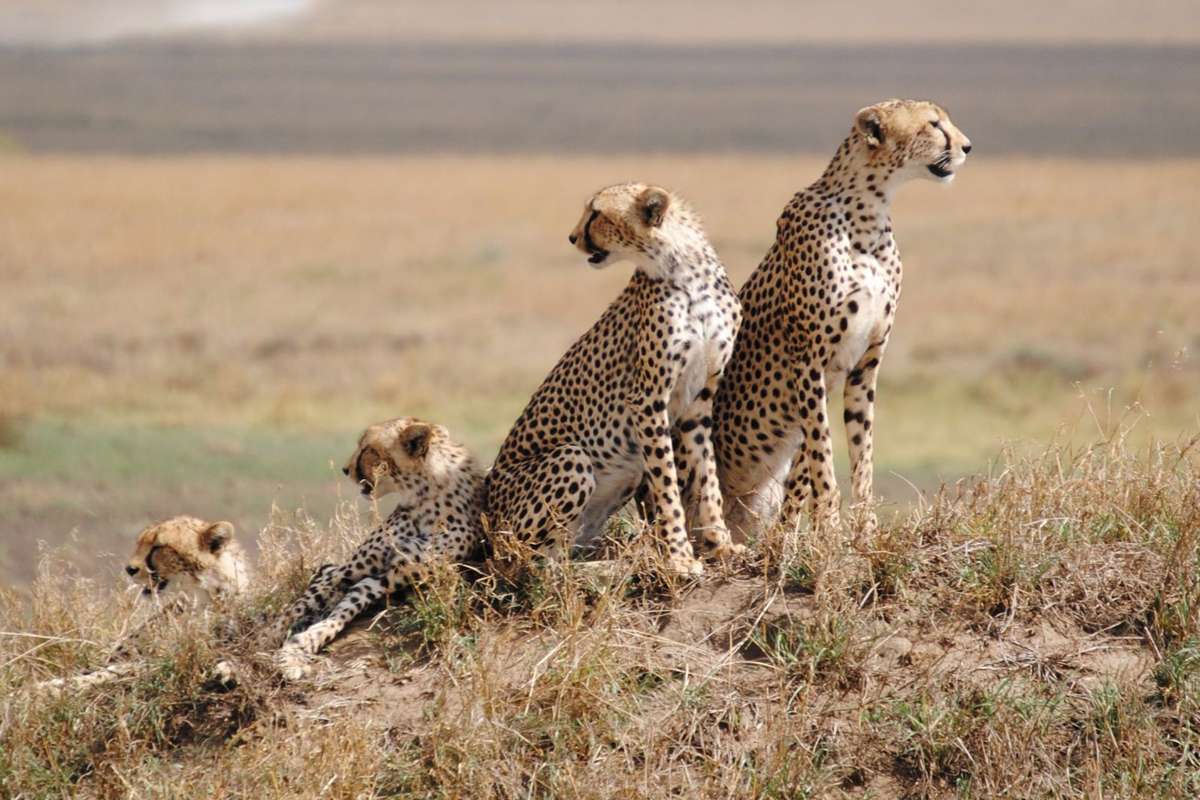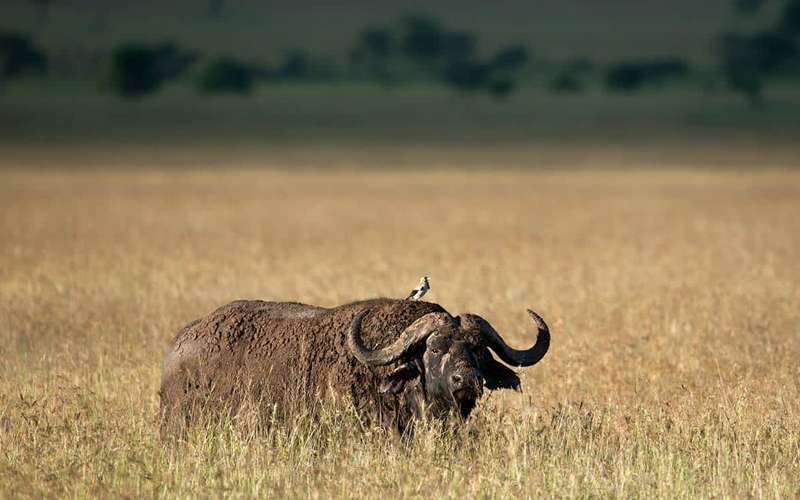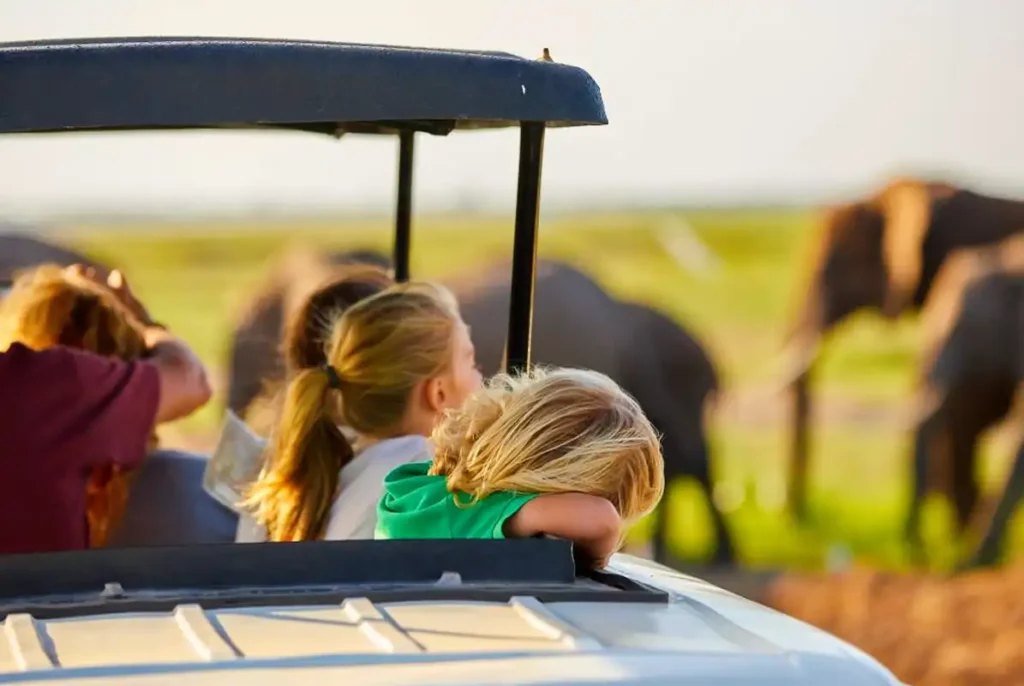Embarking on an African safari is a dream for many travelers. With diverse landscapes, unique wildlife, and rich cultural experiences, an African safari promises an adventure like no other. This comprehensive guide covers all the essential information to help you plan and enjoy an unforgettable safari experience.
Know About Africa Safaris
Introduction to African Safaris
- A Unique Adventure
An African safari is not just a vacation; it’s an exploration of some of the world’s most remarkable natural wonders. From the savannas of the Serengeti to the wetlands of the Okavango Delta, Africa offers a variety of environments that support an incredible diversity of wildlife. Whether you’re interested in spotting the Big Five or immersing yourself in the local culture, an African safari has something for everyone.
Best Destinations for Safaris
- Top Safari Locations
Africa boasts numerous safari destinations, each offering unique experiences. Some of the most popular include:
- Serengeti National Park (Tanzania): Famous for the Great Migration and abundant wildlife.
- Masai Mara (Kenya): Known for its stunning landscapes and annual wildebeest migration.
- Kruger National Park (South Africa): Offers excellent wildlife viewing and luxurious lodges.
- Okavango Delta (Botswana): Renowned for its waterways and diverse animal species.
- Chobe National Park (Botswana): Home to one of the largest concentrations of elephants in Africa.
Types of Safaris
- Various Safari Experiences
There are several types of safaris to choose from, depending on your interests and preferences:
- Game Drives: The most common safari experience, involving guided tours in 4×4 vehicles.
- Walking Safaris: Offers a more intimate experience, allowing you to explore on foot with a knowledgeable guide.
- Boat Safaris: Ideal for exploring waterways and observing aquatic wildlife.
- Balloon Safaris: Provides a unique perspective from above, often with breathtaking views of the landscape and wildlife below.
Wildlife to See
- Iconic African Animals
One of the main attractions of an African safari is the chance to see a variety of wildlife, including:
- The Big Five: Lion, leopard, elephant, buffalo, and rhinoceros.
- Predators: Cheetahs, hyenas, and wild dogs.
- Herbivores: Giraffes, zebras, antelopes, and hippos.
- Birdlife: Africa is home to over 2,300 bird species, making it a paradise for birdwatchers.
Best Time to Go
- Seasonal Considerations
The best time for an African safari depends on the region and what you want to see. Generally, the dry season (June to October) is ideal for wildlife viewing, as animals gather around water sources and vegetation is sparse. However, the wet season (November to May) offers lush landscapes, fewer tourists, and excellent birdwatching opportunities.
Accommodation Options
- Where to Stay
Accommodation on African safaris ranges from basic camping to luxurious lodges:
- Luxury Lodges: Offer high-end amenities, gourmet dining, and exceptional service.
- Tented Camps: Provide a blend of comfort and adventure, with canvas tents and en-suite bathrooms.
- Budget Camping: Ideal for those seeking an authentic, close-to-nature experience.
- Mobile Camps: Move with the migration, ensuring you’re always close to the action.
What to Pack
- Essential Safari Gear
Packing for an African safari requires careful consideration. Essential items include:
- Clothing: Lightweight, breathable clothing in neutral colors, a wide-brimmed hat, and sturdy walking shoes.
- Gear: Binoculars, camera with extra batteries and memory cards, sunscreen, and insect repellent.
- Health: Prescription medications, a basic first aid kit, and any necessary vaccinations or malaria prophylaxis.
Health and Safety Tips
- Staying Safe and Healthy
To ensure a safe and enjoyable safari, consider the following tips:
- Vaccinations: Check with your healthcare provider for recommended vaccinations and malaria prophylaxis.
- Water: Drink bottled or purified water to avoid waterborne illnesses.
- Insects: Use insect repellent and wear long sleeves and pants to protect against mosquito bites.
- Guidelines: Follow your guide’s instructions, respect wildlife, and maintain a safe distance at all times.
Cultural Experiences
- Immersing in Local Culture
Many safaris offer opportunities to engage with local communities and learn about their cultures. Activities might include:
- Village Visits: Interact with local people, learn about their traditions, and support community projects.
- Cultural Performances: Enjoy traditional music, dance, and storytelling.
- Craft Markets: Purchase handmade souvenirs, supporting local artisans and economies.
Conservation and Responsible Tourism
- Protecting Wildlife and Communities
Sustainable tourism practices are crucial for preserving Africa’s natural and cultural heritage. When planning your safari, choose operators that:
- Support Conservation: Contribute to wildlife conservation efforts and minimize environmental impact.
- Benefit Local Communities: Employ local staff, support community projects, and promote fair-trade practices.
- Promote Ethical Practices: Avoid activities that exploit animals or harm the environment.
An African safari is a once-in-a-lifetime experience that offers adventure, education, and unforgettable memories. By understanding the various aspects of safari travel, from destinations and wildlife to health and cultural considerations, you can plan a trip that is both enjoyable and responsible. Whether you’re a first-time visitor or a seasoned traveler, Africa’s diverse landscapes and rich biodiversity promise an extraordinary journey.
FAQs
1. What is the best time to go on a safari in Tanzania?
The best time to go on a safari in Tanzania is during the dry season, from late June to October when wildlife viewing is at its peak. The Great Migration can be witnessed in the Serengeti, and the weather is ideal for game drives and other outdoor activities.
2. Do I need a visa to visit Tanzania for a safari?
Yes, most visitors need a visa to enter Tanzania. You can obtain a visa on arrival at major airports or apply for an e-visa online before your trip. Ensure your passport is valid for at least six months beyond your travel dates.
3. What vaccinations are recommended for a safari in Tanzania?
It is recommended to get vaccinations for hepatitis A, hepatitis B, typhoid, and yellow fever before traveling to Tanzania. Malaria prophylaxis is also advised, as malaria is prevalent in many safari areas. Consult with a travel clinic for personalized advice.
4. Is it safe to go on a safari in Tanzania?
Yes, safaris in Tanzania are generally safe. Reputable tour operators ensure the safety and comfort of their guests. Follow your guide’s instructions, respect wildlife, and take standard travel precautions to ensure a safe and enjoyable experience.
5. What should I pack for a safari in Tanzania?
Pack lightweight, neutral-colored clothing, comfortable walking shoes, a wide-brimmed hat, sunglasses, sunscreen, insect repellent, a camera with extra batteries, binoculars, and any necessary medications. Layering is key, as temperatures can vary significantly throughout the day.
For an incredible Tanzanian adventure, explore the following highlights on our site:
- Serengeti National Park
- Mount Kilimanjaro
- Ngorongoro Conservation Area
- Tarangire National Park
- Lake Manyara National Park
- Arusha National Park
- Kilimanjaro Climbing
- Kilimanjaro Packing List
- Top Mount Kilimanjaro FAQs
Visit our page for detailed information and tips to plan your perfect Tanzanian journey.





